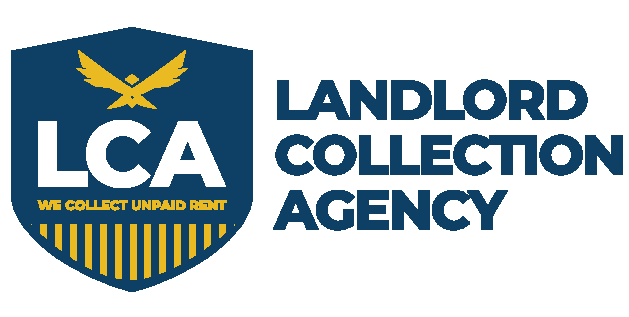COLLECTION PROCESS
When all attempts by a landlord have failed to collect money owed from damages beyond a tenant’s security deposit, unpaid rent, or eviction and court costs, the landlord may decide to place a tenant’s balance owed into formal collections with the Landlord Collection Agency.
Once the landlord files a new collection account with us, the Landlord Collection Agency is required by law to notify the tenant debtor that we have a collection claim against them. After receiving notification from the Landlord Collection Agency, the tenant debtor has 30 days to challenge the authenticity of the debt.
If the debtor claims that the debt is not valid, the Landlord Collection must verify the account information with the landlord and the landlord must supply us with evidence of the money owed. We cannot take any further action while the account is in dispute.
If the landlord cannot substantiate their claim, we must stop all efforts to collect this debt. Once the 30 days has passed and the tenant either failed to respond, or the debt has been verified, we will begin the debt collection process.
We start by uploading the new collection account to the credit bureaus and may routinely contact the tenant debtor and demand payment from time to time. Today, many consumers have credit monitoring services and are also contacted about this new collection item on their credit report by their credit monitoring service.
An active collection account appears as a line item on a tenant’s credit report and has a negative impact on their credit score. Active collections may also be grounds for a denial on future apartment rental applications by other landlords or housing authorities.
If the landlord agrees, we will try and work with the debtor by offering payment plans or settlement amounts. However, the landlord is not obligated to accept a settlement offer.
While the law allows debt collectors to negotiate in order to collect money, the Fair Debt Collection Practices Act prohibits certain practices. For example, collectors cannot call before 8am or after 9pm. We are not allowed to harass tenant debtors, use obscene language, or threaten them with harm. Further, we may not make false claims about the debt or make threats involving legal action that we do not plan to undertake.
If the debtor fails to pay the amount owed or make settlement arrangements, this debt will continue to be reported to the credit bureau for 7 years from the date that the account first became delinquent.
If the tenant does pay, we may, with the landlord’s permission and as part of the settlement offer, remove the collection account from the consumer’s credit report using a service called E-OSCAR that collection agencies must subscribe to.
If you have further questions, please feel free to contact us.
